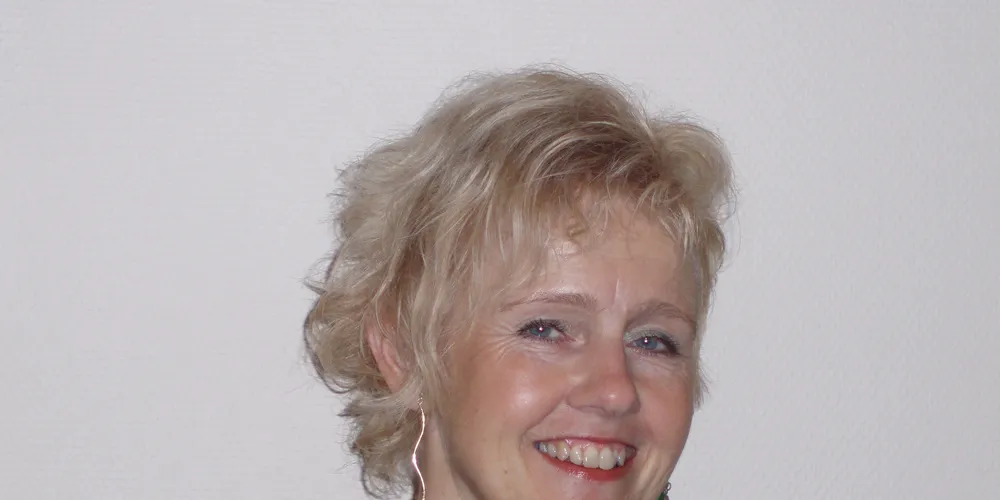Women in seafood: Marine Harvest's Marit Solberg
'The salmon industry is a fantastic place for women workers...it has created and attracted a number of open and unprejudiced people. People which mostly think gender is irrelevant.'

'The salmon industry is a fantastic place for women workers...it has created and attracted a number of open and unprejudiced people. People which mostly think gender is irrelevant.'
